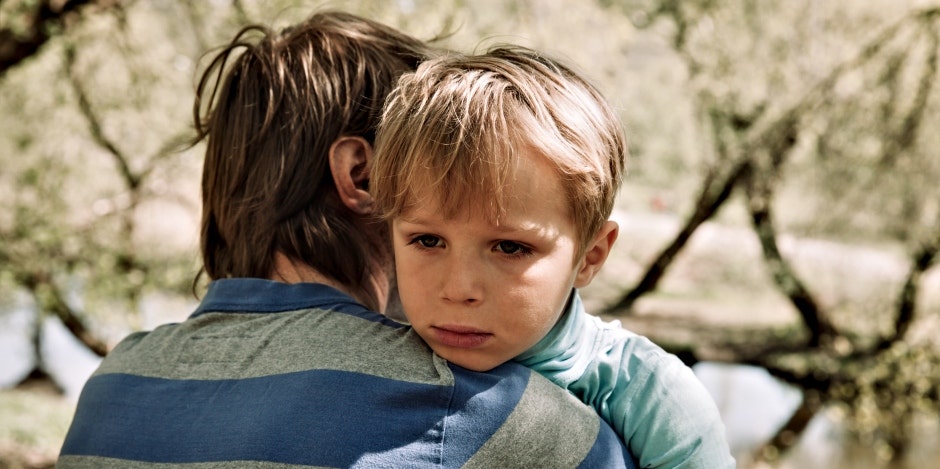10 Ways To Help Your Child Deal With Their Emotions & Feelings After The Death Of A Parent
There’s a right and wrong way.
 Getty
Getty Grief and bereavement are complicated at any stage of life. And for a child, it's especially so.
How do you help young children grieve?
For kids, the loss of a mother or father is a very difficult thing. Some are more introverted and have the tendency to feel their emotions deep inside. Others are more extroverted and are straightforward when it comes to expressing their feelings.
But, a common reaction in children when it comes to the grieving and mourning is silence.
Though they may not be talking about mom or dad, that doesn't mean they’re not thinking about them. It might be tempting to think that nothing needs to be said but try to avoid that temptation.
It’s better to find a way to talk, it helps draw them out of themselves and their emotions. They may be silent because it’s too hard for them to talk about their thoughts and feelings.
As the surviving parent, you are in a difficult position. Apart from anything else, you have lost your partner and so you're dealing with grief, yourself. How are you supposed to help your child mourn the loss?
Here are 10 ways you can help your child learn how to deal with grief when they are in mourning.
1. Don’t try to hide your feelings
Children tend to take their lead from their parents.
If you can let them see that you are sad, upset and struggling with your emotions and feelings it can help them. It helps them when they see you are sad about it, too.
2. Don’t ignore or avoid anniversaries
Be it birthdays or Mother’s Day or Fathers’ Day, try to make a point of letting them know you know what day it is.
Don’t be tempted to ignore it. Let them see that you are missing them too. Try to find a way of marking the occasion.
3. Recognize spontaneous feelings
You see a kite in the sky and suddenly you remember their dad’s no longer here. It will probably be hard for you and your children to know how to face up to these moments.
Try to resist the urge to ignore them. Notice what you miss and be willing to share it with the children. In time, you will get better at doing it.
In my family, after my father died, we grew up without ever mentioning Fathers’ Day and that wasn't helpful.
4. Let the children see that you don’t know what to say about your feelings either
Of course, it's hard and painful not knowing what to say but that’s OK.
What are you supposed to do or say about dad or mum not being there? It is terribly painful and completely normal.
5. Take advantage of opportunities to miss their parent together
It really helps with the grieving process.
6. Try to do things that their parent would have liked.
Talk about your memories, remember some fun things, happy times.
Play some music you used to listen to together. Give yourselves the chance to be in touch with what you have all lost.
7. Don't be scared about developing a new future without the parent.
Just take it one day at a time and the future will take care of itself.
8. Don't allow them to forget.
You might talk about how even though things have moved on, none of you have forgotten mum or dad.
RELATED: 15 Healthy Ways To Mourn (When Someone You Love Is Suddenly Gone)
9. Allow them to think about their parent.
Ask them what they think mum or dad would have thought about where you all are today? What would they have thought of how you are doing?
10. Give yourself a break.
You are doing the best you can. By letting them see that it’s OK getting in touch with emotions and feelings, by showing that you haven’t forgotten their mum or dad you have done all of you the power of good.
Being open to feeling the pain and the grief of the loss is how healing and recovery happens. In time, you will all look back on how you got through and know how pleased their mum and dad would have been at how well you have done.
Toby Ingham is a UK based psychotherapist, supervisor, writer, and speaker with over 20 years’ experience of working with people who are trying to transform their lives. Contact him at his website to find out more about his work.
